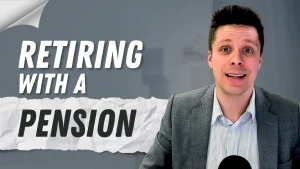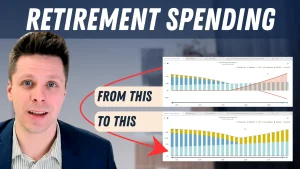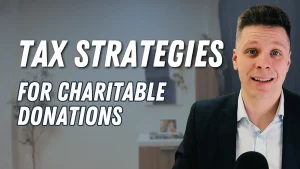Debt has a way of playing psychological games with people, and I can attest to this myself. My mother always made sure to let my siblings and I know that debt should always be paid back as quickly as possible as you never wanted the guilt associated with owing someone money. I’m thankful for these lessons and to this day I have about ten reminders on my phone to make sure my credit card is paid before the due date.
However, now that I have a mortgage I’m realizing that maybe paying down debt isn’t always the answer. In today’s low-interest rate environment, I can be fairly confident that my rate of return on my savings will outpace the interest rate on my mortgage. If I determine that I can reasonably earn 7% on my long-term savings while only paying 3% for my mortgage, I’ll gladly focus on my savings for the extra 4% net return. There are additional factors to come into play such as liquidity and tax consequences, but the TFSA does a good job of minimizing these effects. If mortgage rates increase to a point where my investment returns aren’t keeping up, I always have the option to withdraw from my TFSA tax-free and pay down my mortgage.
On paper, these figures make perfect sense to me, but there is something to be said about the emotional impact debt has. I recently made the mistake of calculating how much interest I would be paying to my lender over the life of my mortgage. I was astonished at the figure and immediately wanted to pay it down as quickly as possible because I didn’t want the establishment to fill their bank vaults with my interest payments!
I eventually calmed down and reverted to the logic of earning more in my TFSA, but I definitely understand where my mother is coming from. She’s reminded me countless times that back in her day rates were at 13% for a mortgage and most of the payment simply went to interest. She also recently tried to tell me how lucky I was to have such a low rate on my mortgage, but she quickly took this back after I reminded her how much buying a house costs these days.






